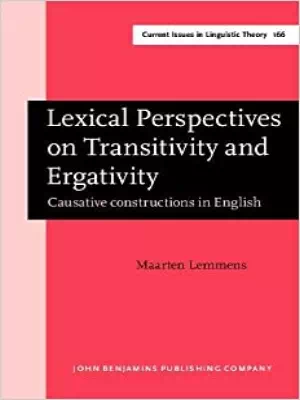The Facts on File Encyclopedia of Word and Phrase Origins PDF

The most comprehensive single-volume reference of its kind,
has been completely updated and expanded and now contains definitions and origins of more than 15,000 words and expressions.
This encyclopedia features anecdotes and information on the development of a wide range of words, including slang, proverbs, animal and plant names, place names, nicknames, historical expressions, foreign language expressions, and phrases from literature.
The emphasis throughout is on words and expressions whose origins are not adequately explained, or not addressed at all, in standard dictionaries.
Approximately 2,500 new entries have been added to this edition, ranging from “”Aardsma”” to “”zounds.””
The entries include: All she wrote; Blog; Power breakfast; Read my lips; Rome wasn’t built in a day; Soup Nazi; and, Spider hole.


